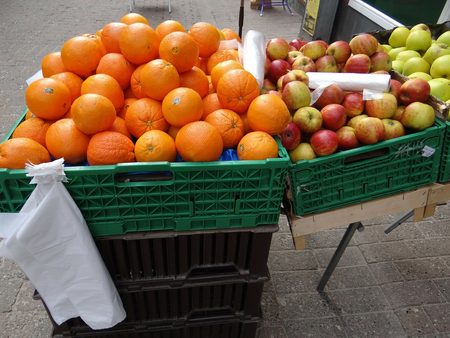
Stop using rogue apostrophes. Please. Just stop.
Ah the English language. Isn’t it just great? The amount of words that are spelled the same, yet pronounced differently and the plethora of rules on grammar and spelling. Don’t you love it? No? Just me then…
You might think it doesn’t matter because you know your business, inside out and back to front. You’re authoritative and reliable. Yet a badly written website, leaflet or sign can look untrustworthy and it really doesn’t scream professionalism.
But it doesn’t have to be so complicated. It’s actually quite straightforward to know when to use those pesky apostrophes. Once you have it sussed, you’ll join the rest of us grammarians who suffer from serious episodes of rage when we see them misused – trust me!
Apostrophes: the difference between knowing your s*** and knowing you’re s***
To denote possession
Apostrophes are used to indicate ownership. Once upon a time if our friend had misplaced his cap we would ask “Have you seen Harold his hat?” (who knows why?) but over time this has been shortened to the much simpler “Have you seen Harold’s hat?” Basically you just add -’s to the end of the word. Simple.
Where people tend to get confused is with words that end in s because (of course) the rule isn’t quite the same. However, all you do here is add an apostrophe – so you wouldn’t write Chris’s hat, but Chris’ hat. Of course being English, either is technically correct – it’s just more common to drop the second s.
So, when it comes to possessive plurals, if it ends in an s you wouldn’t add an -‘s but just add an apostrophe, so you would write ‘ we sell kids’ bikes’ (but ‘we sell children’s bicycles’).
To show omission
An apostrophe also denotes when there are letters missing, e.g. when words have been shortened and condensed. So for example, ‘could not’ would become couldn’t and ‘should have’ (never should of) becomes should’ve.
Other abbreviations which use apostrophes are decades, e.g. ‘the 1950s’ becomes ‘the ‘50s’ and some words, e.g. ‘open until late’ would become ‘open ’til late’.
The apostrophe is also used for words and phrases that over the years have died out of common language and becomes shortened, such as ‘All Hallows Eve’, or as we know it Hallowe’en, or ‘of the clock’, which becomes o’clock.
Common apostrophe misuse
You might have heard of the greengrocer’s error. This is the term given to words which have had an apostrophe added to them for no reason, e.g. “Get your apple’s and pear’s here”. A plural does not need an apostrophe when it is a standalone word, only when it is indicating possession, e.g. ‘the apple’s skin was green’.
Perhaps the most common apostrophe error is the difference between it’s and its. It is an understandable error when you think of other possessives (the horse’s saddle, Jane’s car), but of course English likes to confuse you so in English the possessive for an unknown entity is its.
It’s = it is. Its = belonging to it.
And of course, there’s also the infamous your vs you’re issue…
You’re = you are. Your = belonging to you.
Like I said, don’t you just love English?
[bctt tweet=”It’s finally time to cure your love-hate relationship with rogue apostrophes”]





